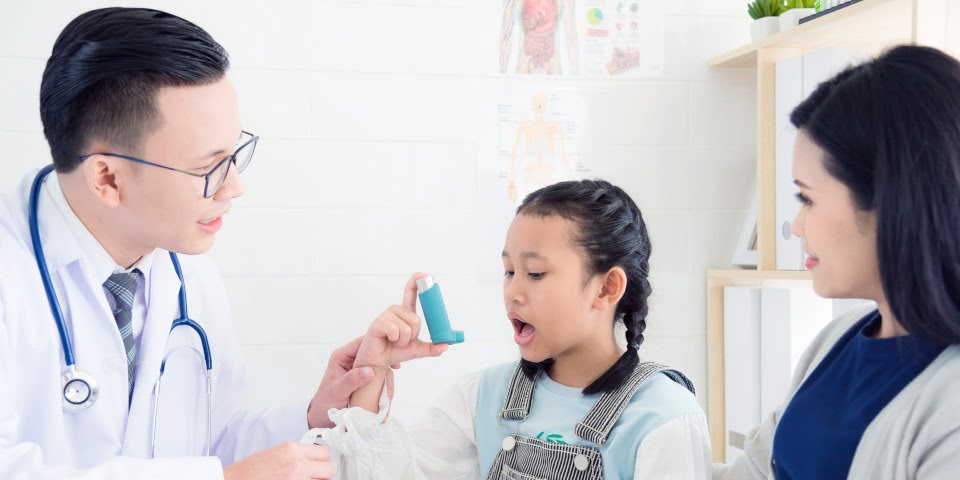A nationwide case-control study published in The BMJ recently has found a higher incidence of asthma in children exposed to higher levels of fine air particles known as PM2.5.
Sources of PM2.5 include:
- Power plants;
- Motor vehicles;
- Domestic heating.
The particles can reportedly penetrate deep into the lungs and some may even enter the circulatory system.
The study included 797, 812 Danish children born from 1997 to 2014, with the children observed for asthma onset and persistent wheezing from age 1 to 15 years.
Of these, 122, 842 children were identified as having asthma and persistent wheezing (at an average age of 1.9 years).
This information was then linked to detailed air pollutant measurements at the children’s home, parental asthma, maternal smoking, parental education and income.
After taking account of other potentially influential factors, the researchers found higher levels of asthma and persistent wheezing in children of parents with asthma and in children of mothers who smoked during pregnancy.
In contrast, lower levels of asthma and persistent wheezing were found in children of parents with high educational attainment and high incomes.
Exposure to PM2.5 as well as larger particulate matter (PM10) NO2, and nitrate was associated with an increased risk of asthma and persistent wheezing.
However, only the positive association of PM2.5 with asthma and persistent wheezing remained robust across the different models and after further (sensitivity) analyses.
The authors conclude that these findings “suggest that children exposed to higher levels of PM2.5 are more likely to develop asthma and persistent wheezing than children who are not exposed”.
While this is an observational study, so can’t establish cause, the researchers argue that their findings “support emerging evidence that exposure to air pollution might influence the development of asthma”.
More research is needed but these results suggest that further reductions in PM2.5 “might help to reduce the number of children who develop asthma and persistent wheezing in highly exposed populations,” they conclude.
For more information or to read the study, visit: bmj.com/content/370/bmj.m2791









